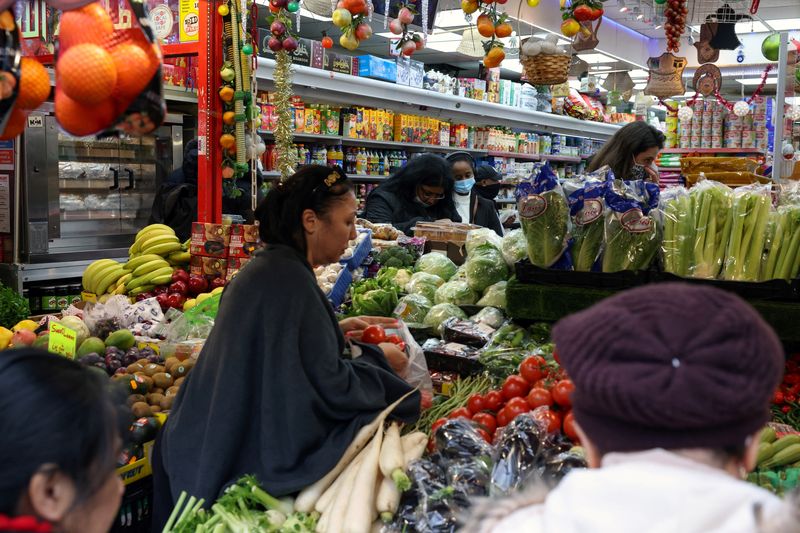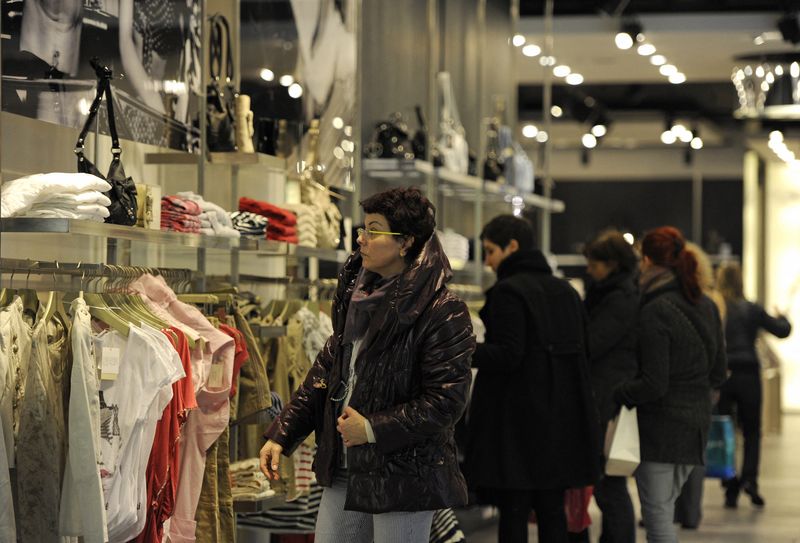By William Schomberg
LONDON (Reuters) - Two thirds of people in Britain reported that their cost of living rose last month as inflation accelerates, even before a big rise in domestic electricity and gas tariffs in April, the country's statistics office said.
A third of those who reported their cost of living had gone up were cutting back on domestic fuel use, and just over half said they were spending less on non-essentials, the Office for National Statistics said.
A surge in global energy prices has pushed Britain's main inflation rate to a 30-year high of 5.4% - mirroring sharp rises in price growth in many other countries - and the Bank of England is expected to raise interest rates for a second time in two months on Thursday.
Domestic fuel prices are expected to jump by a further 50% when a twice-yearly review of regulated tariffs takes effect in April, just as higher social security contributions are due to take a further chunk out of household budgets.
Prime Minister Boris Johnson's government is looking at ways to soften the increase in energy prices for people on lower incomes. The ONS said higher power costs were disproportionately hitting people on lower incomes. Its data showed the poorest 10% of households spent 7% of their disposable income on gas and electricity, compared with 2% for the richest 10% of households.

Of those who said their cost of living had gone up, 87% said food they bought was more expensive followed by 79% who said their gas or electricity bills were higher.
The ONS's findings were based on a survey of nearly 4,500 people conducted between Jan 6. and Jan. 16.
